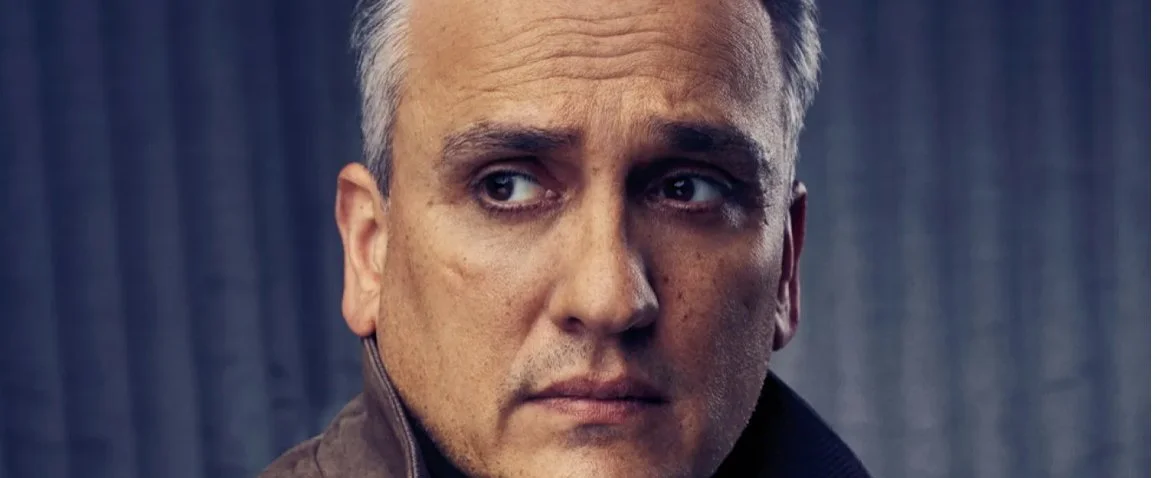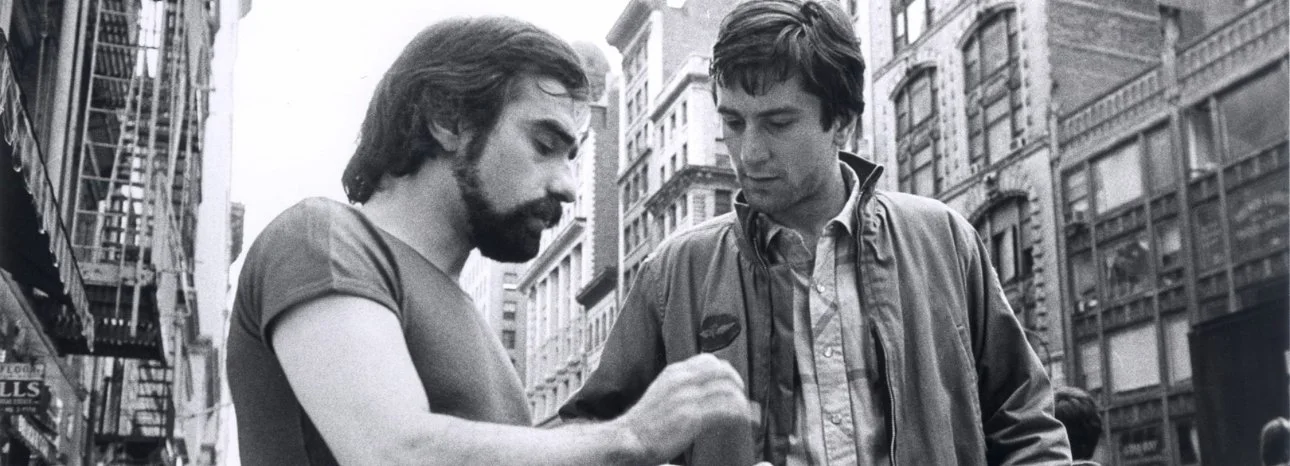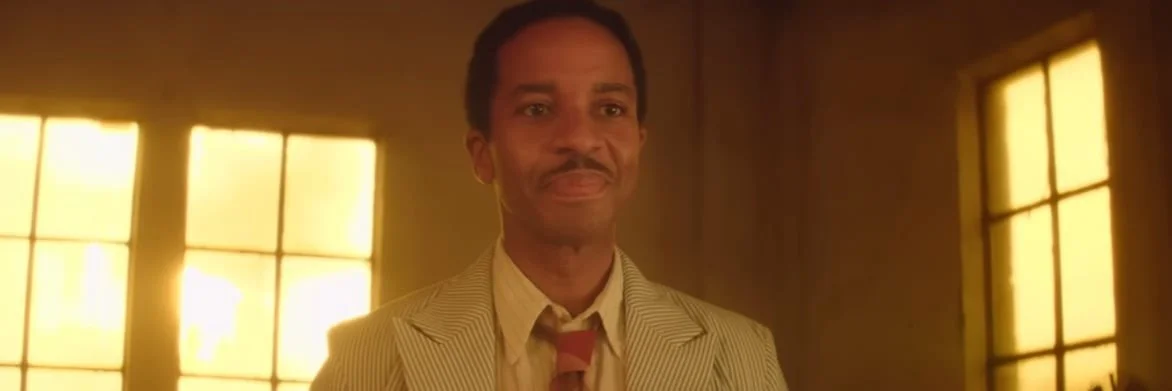
Yes, we all know the moviegoing paradigm is shifting. Especially with movie theaters struggling to make ends meet. A head-turning moment for execs just happened with this summer's box-office tally. Hollywood will fail to crack $4B in ticket sales for the first time since 2006. That is a problem. The number of moviegoers buying tickets is severely down and streaming services such as Netflix and Amazon are making people stay at home instead of churning out their hard-earned money for overpriced parking, popcorn and movie tickets. It's a no-brainer decision for many; Why go through all that effort to watch a movie when you can just stay in the comfort of your own home, save money, and not have any of the annoyances that come with watching a movie in public (texting, talking).
Mitch Lowe, a Netflix co-founder, had people talking today. His idea to save the industry was met with celebratory approval by audiences, but with vehement negative rebuttal by a theater chain. His theory is simple, how about you let people come to all the showings they want, but they just pay $10 each month, less than the price of an average single ticket.
Lowe's startup is MoviePass, founded in 2011 its business model is said to be similar as to that of a gym membership. The subscribers would originally pay $30 or more per month to watch an unlimited amount of movies in theaters, the company's problem was that not many were using the service and Lowe, in a last-ditch effort, has decided to significantly cut the price to gain more members. The $9,95 drop-price will be installed next Tuesday, which will give the company ample time to build up the buzz, which has been deafening on social media today.
What do you receive by paying 10 bucks a month? One showing every day at any theater in the U.S. that accepts debit cards. According to Business Insider "MoviePass will pay theaters the full price of each ticket used by subscribers, excluding 3D or Imax screens."
Lowe acknowledges that his company will be subsidizing ticket buyers and almost certainly losing money with this new subscription rate, however his argument is that he wants this new model of thinking to prove its value to theaters and studios, and that "in the future they will cut the company in on their additional profits. We’re hoping that if we can drive a meaningful increase in attendance we can share in that success,” said Lowe
You would think that theater chains would welcome this effort to increase ticket sales with open arms, however news just broke that the AMC theater chain is threatening to sue MoviePass, which is strange considering Lowe's company is planning on paying theaters the full price of a movie ticket.
All this proves is that AMC's goal is for you to be loyal to AMC. They probably want you to look at your AMC app and go to an AMC theater every time. Instead, you'd be looking at your MoviePass app and going to the theater closest to you. Nevertheless, attendance is down. Way down. Brand loyalty is the last thing they need to be worried about. Most people are predicting AMC or any other theater chain won't be around in 20 years, maybe MoviePass is the last-ditch hail mary that they need to stay relevant.
According to Business Insider, "the top four cinema operators, led by AMC Entertainment Holdings Inc., lost $1.3 billion in market value early this month after a disappointing summer. The number of tickets sold in the U.S. and Canada last year declined slightly, while box office revenue rose just 2 percent thanks to pricier tickets, according to the Motion Picture Association of America, a trade group. The cost of a ticket has almost doubled in the last two decades, according to the website Box Office Mojo. The average price is about $8.89 this year, though it can be much higher in some cities."
Lowe is a smart man. He knows that it's not just the comfort of your own home (with Netflix and Amazon) that is driving people away from movie theaters, it's also the high price of tickets. What I've gathered from today's news and, more importantly, Lowe himself is that he still believes in the moviegoing experience, that people legitimately have the urge to still go watch a movie on the big screen and that what's keeping them away are the inflated prices. As he mentions in the article audiences "just don’t like the transaction.”





